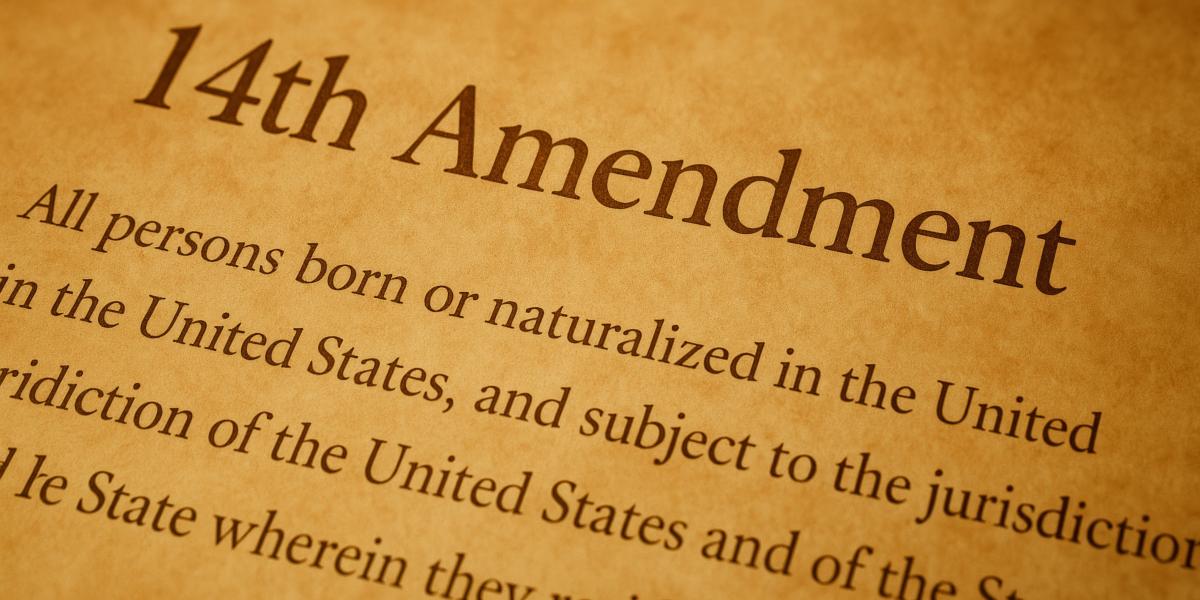In This Article
This article is presented by Connect Invest.
Missed the last housing cycle? You’re not alone. Pending home sales fell by 0.4% in July, continuing a three-year trend of slugging along. And it’s not likely to change anytime soon—there are 36% more sellers than buyers, the largest gap since records began in 2013.
With a buyer’s market looming and uncertainty that it will get better anytime soon, plenty of investors are parking capital, but that doesn’t mean it has to sit idle. There are investment vehicles offering predictable returns, asset-backed security, and low minimums without the friction of traditional ownership. Some of those, like real estate-backed notes, make it easy for your cash to get a higher return than if you put it in a savings account.
What Are Real Estate Notes?
A real estate note is simply a document indicating a debt, like an IOU for financing real estate. When a borrower takes out a loan and agrees to the payment and interest terms, these notes are created. The lender then sells these debt instruments to investors, who can collect the payment until it is paid off.
There are different types of real estate notes, including first-position and second-position liens, which indicate how secure the note is and who gets paid out first.
Why Invest in Real Estate Notes?
Investing in real estate notes might make sense for several reasons. For one, it allows you to earn a passive income stream. All you have to do is buy the note, and you are entitled to the payments.
It’s also hassle-free, as you don’t need to manage a property. But you get the advantage of diversifying your investments with exposure to real estate. And in many cases, the interest you receive is higher than that of a savings account.
Real estate notes also come with higher liquidity, which can be advantageous for investors who don’t want to get locked into owning a property for years. And with housing staying on the market longer these days, that’s advantageous for investors who want the ease of selling quickly.
Of course, there are risks involved. If the borrower defaults and doesn’t pay back the loan, you won’t receive payments, or you could even lose your initial payment for the notes.
Where to Buy Real Estate Notes
Any individual or fund can buy a real estate note. There are several ways to invest in real estate notes, including through banks, funds, and online platforms.
Just like any real estate investment deal, you should do your due diligence. Find out the loan-to-value ratio of the property so you know how risky it is, and research the history and condition of the property to discover its marketability and value.
You can also buy notes for a pooled portfolio of real estate, which can help diversify your investment even further. This means instead of buying notes for one property, you would buy notes that cover a range of collateral-backed real estate loans that are vetted by platforms.
One platform that makes it easy to invest in a diversified portfolio of real estate properties is Connect Invest, with which you can invest in private residential and commercial real estate projects with a starting investment as low as $500 and time commitments as short as six months.
Final Thoughts
Real estate notes are one way to get exposure to the housing market without having the overhead of owning a property. With the market still in flux, it could be a way to wait out the housing crunch while earning passive income.
See how Connect Invest helps you stay active in real estate, even if you’re waiting for better buying conditions.
You might also like


























